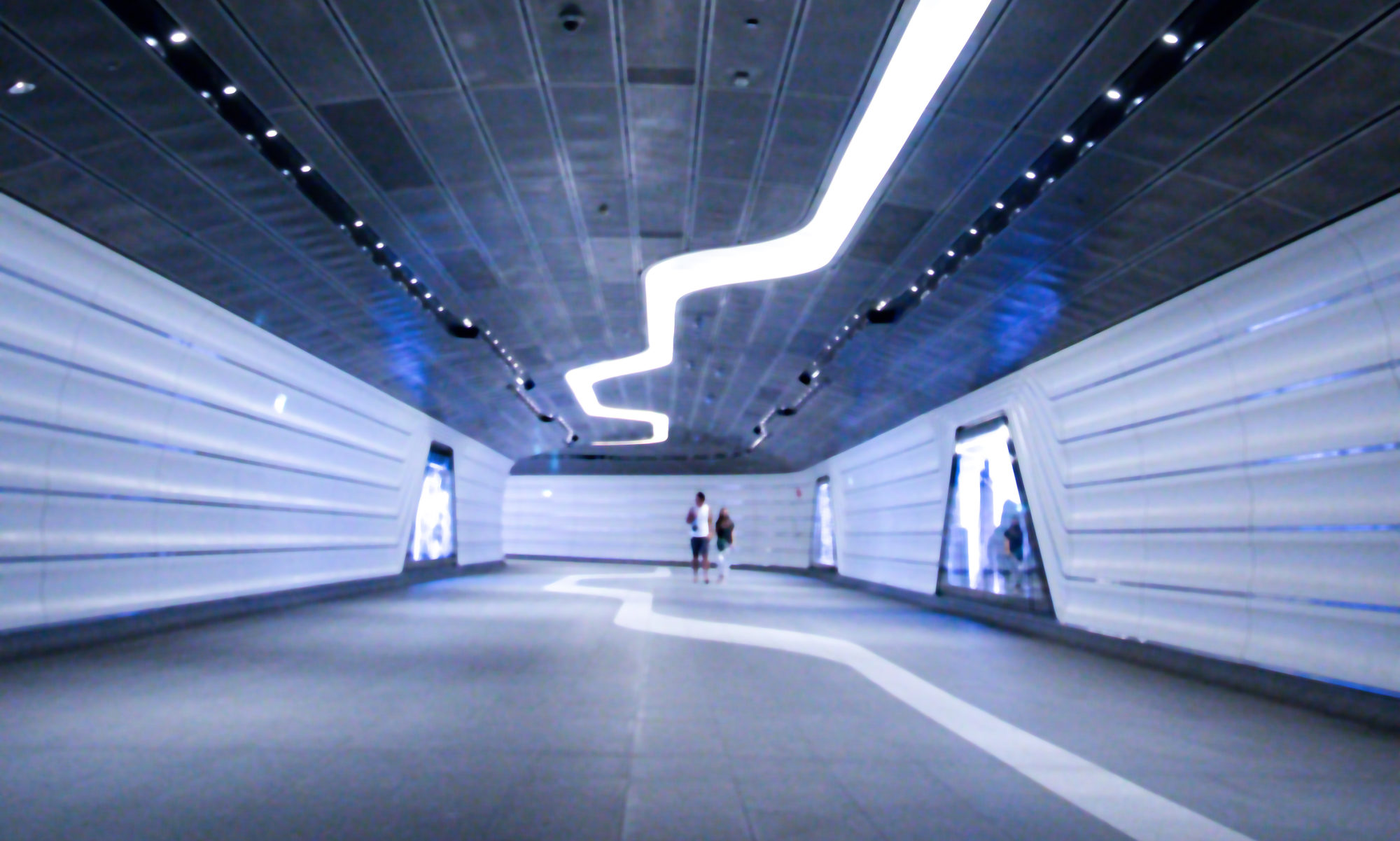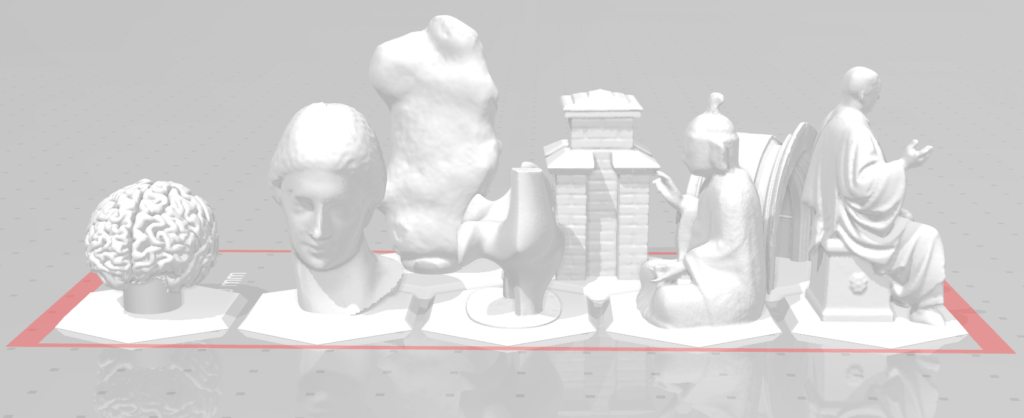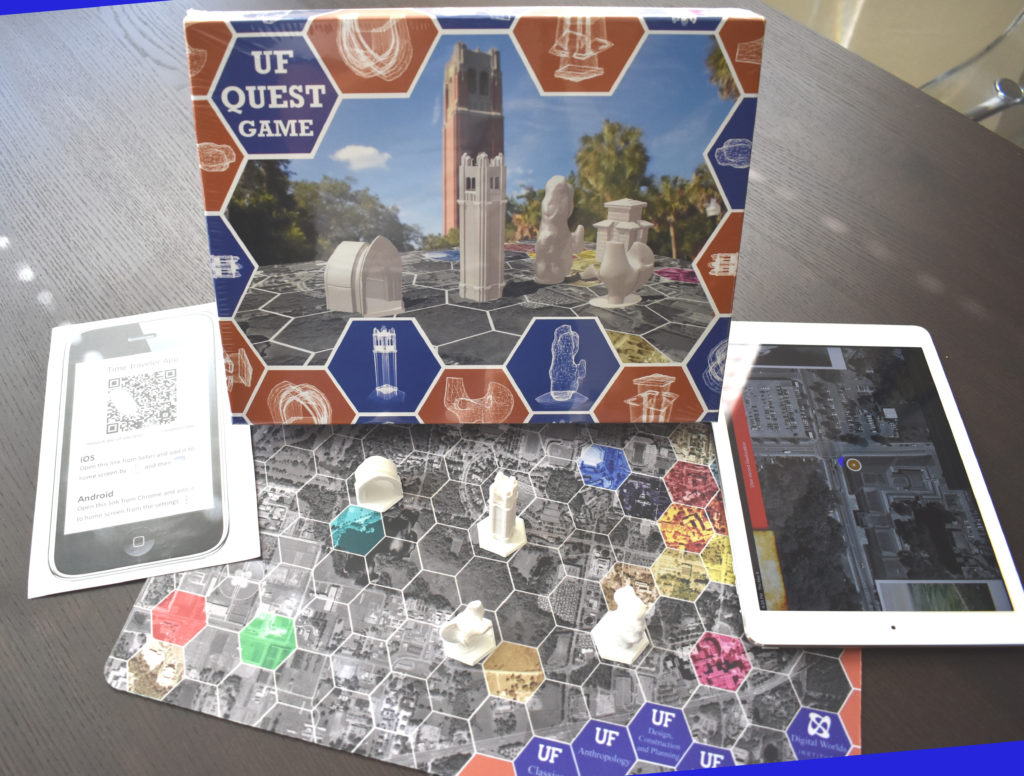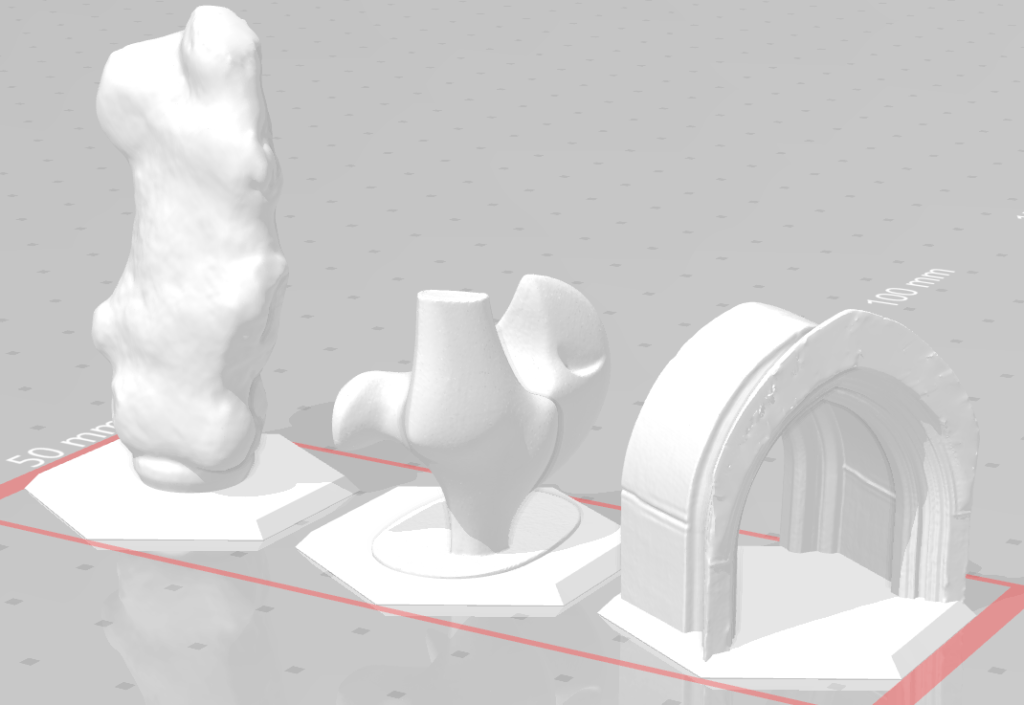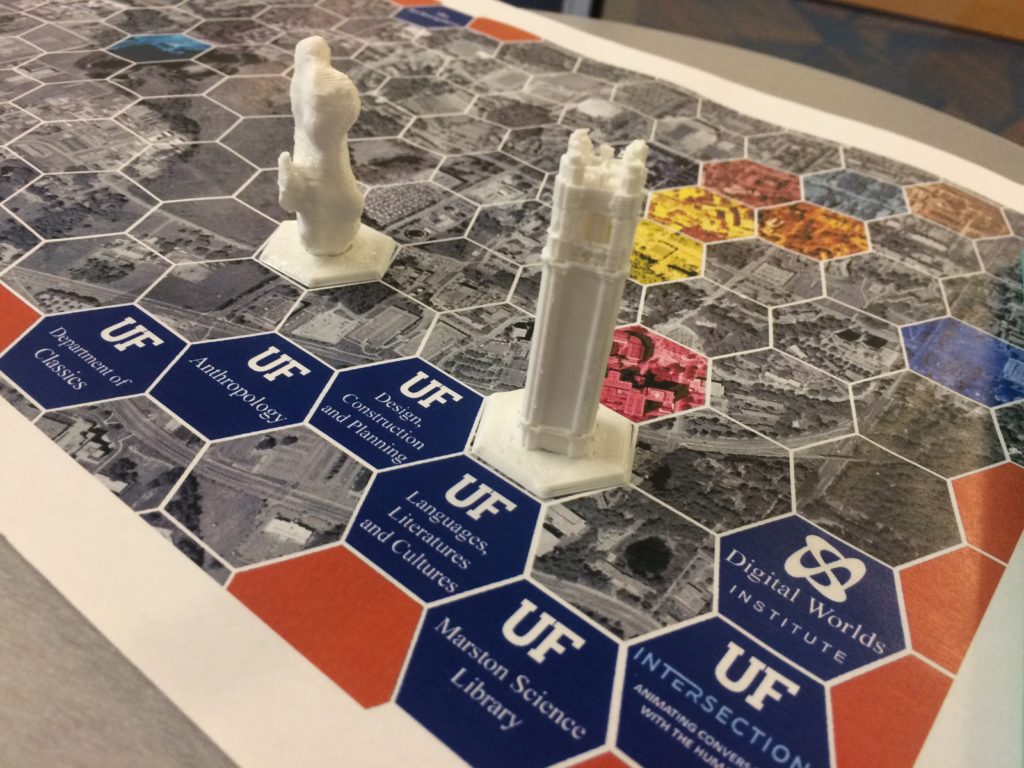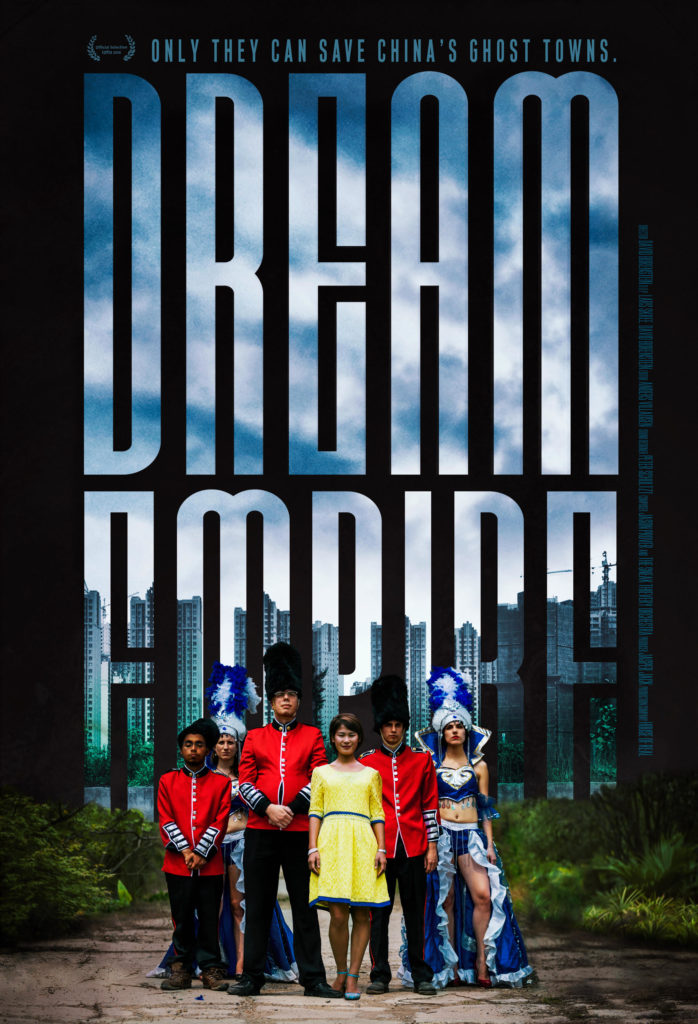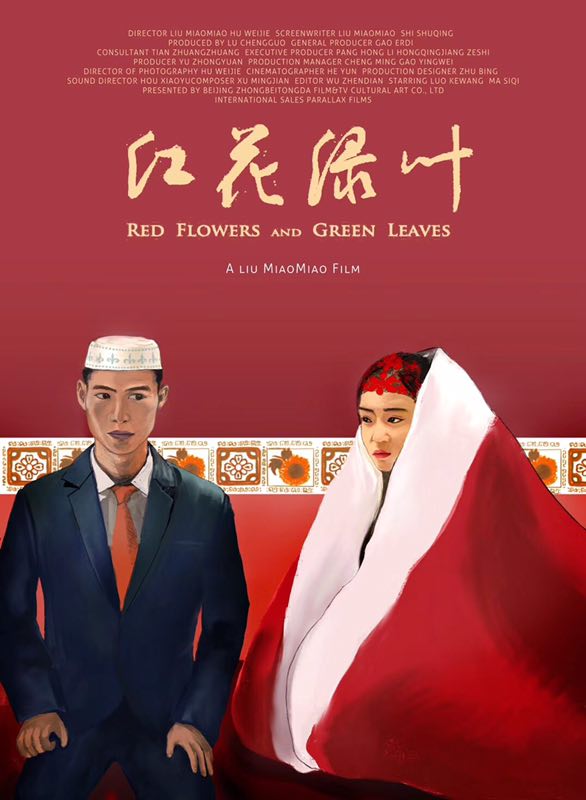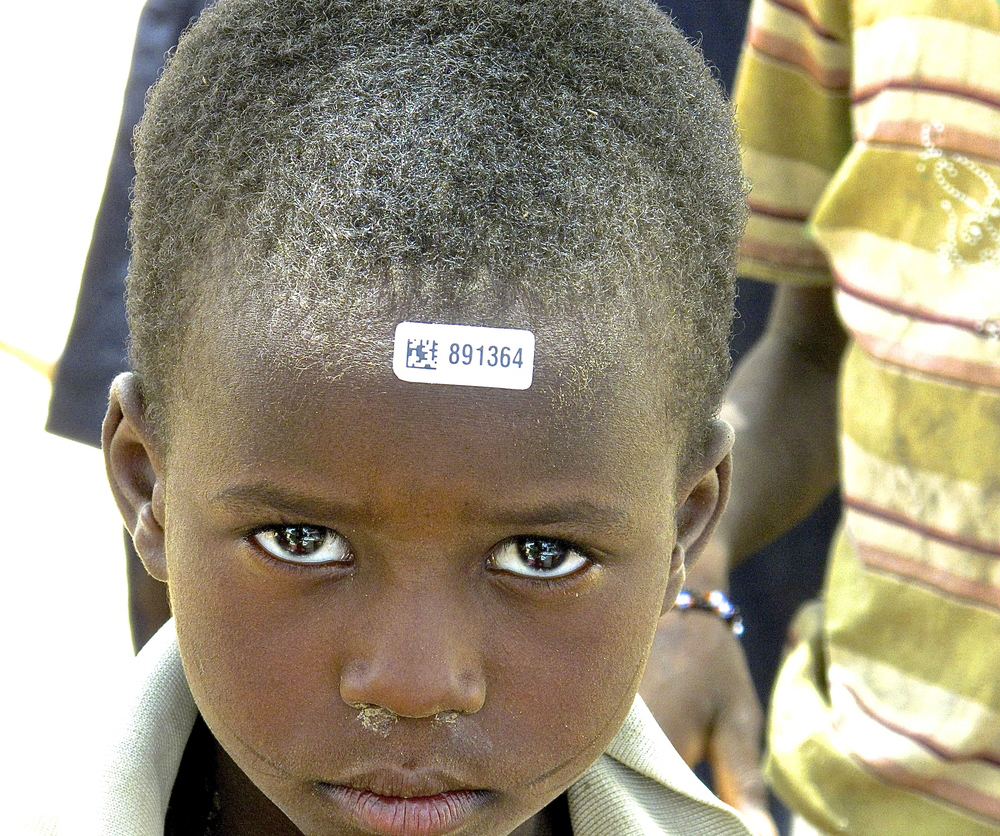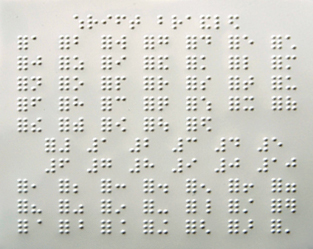My main research question is about how the Chinese people consider the status of “mobility” and “immobility” (or “non-mobility”) when responding to state narratives and social transformation in China. Empirically, I propose to collect narratives from people who work for the Chinese automobile industry. The case of people working for the automobile industry specifically tells various stories of a transforming China through people’s imaginations of their economic, social, and political possibilities, which are closely tied to the state narrative.
Supported by the Intersections doctoral student mini-grant, I attended the 2019 Oral History Summer Institute at University of California, Berkeley. It was a very helpful advanced methodology workshop. In the one-week workshop, I have learned how to plan and structure an oral history project. Moreover, I have learned various practical skills and techniques to conduct an interview. Because the workshop also offered daily small group practice, it was also a very valuable opportunity for me to present my project to different groups of people who are not familiar with my research topic. I received many fresh and creative feedback from them that helped me to improve my research project.
